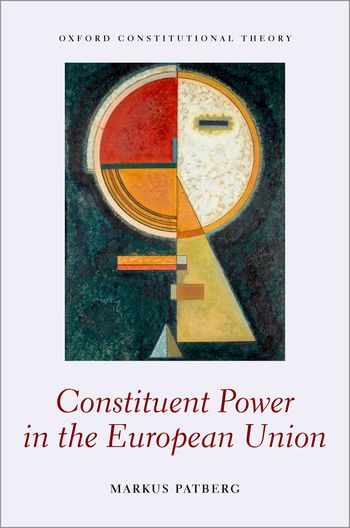
The euro crisis, rising Euroscepticism, and Brexit have once again highlighted the European Union's unresolved legitimacy deficit. Increasingly, citizens claim to have been illegitimately excluded from decisions about the future of European integration. Movements such as DiEM25 call into question the authority of the states as the 'masters of the treaties'. At the same time, political theory's debate about the EU has become ever more academic. The discipline is preoccupied with the production and refinement of abstract models of democratic constitutionalism whose connection to real politics is thin. This book seeks to develop a new approach to EU legitimacy by reorienting the debate from the question of how the supranational polity should ideally be organized to the question of who is entitled to make that decision and how. To that end, it reformulates the classical notion of constituent power for the context of European integration. This account challenges conventional theoretical assumptions regarding the EU's ultimate source of authority and enables political theory to put to the test the claims of those who organized to the question of who is entitled to make that decision and how.